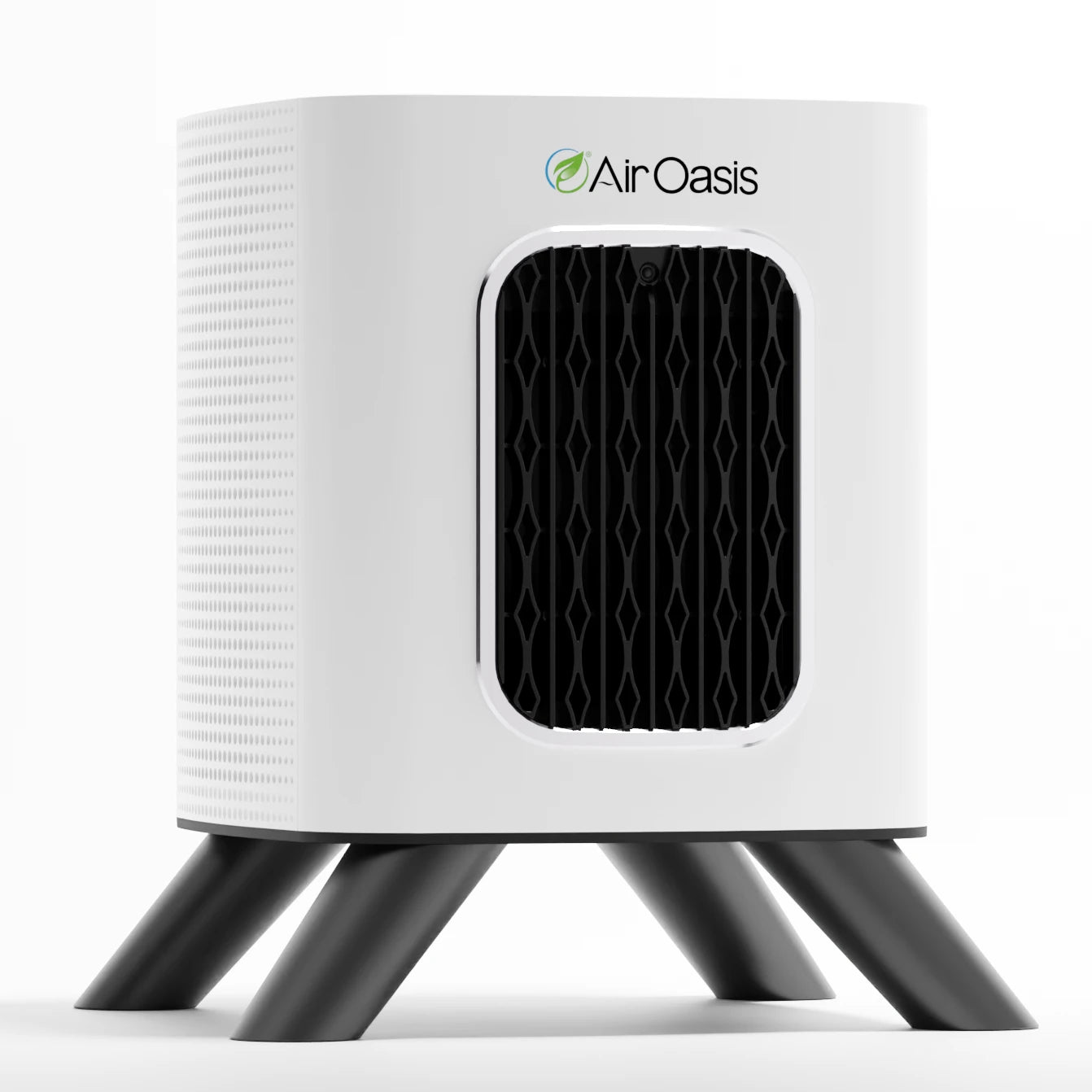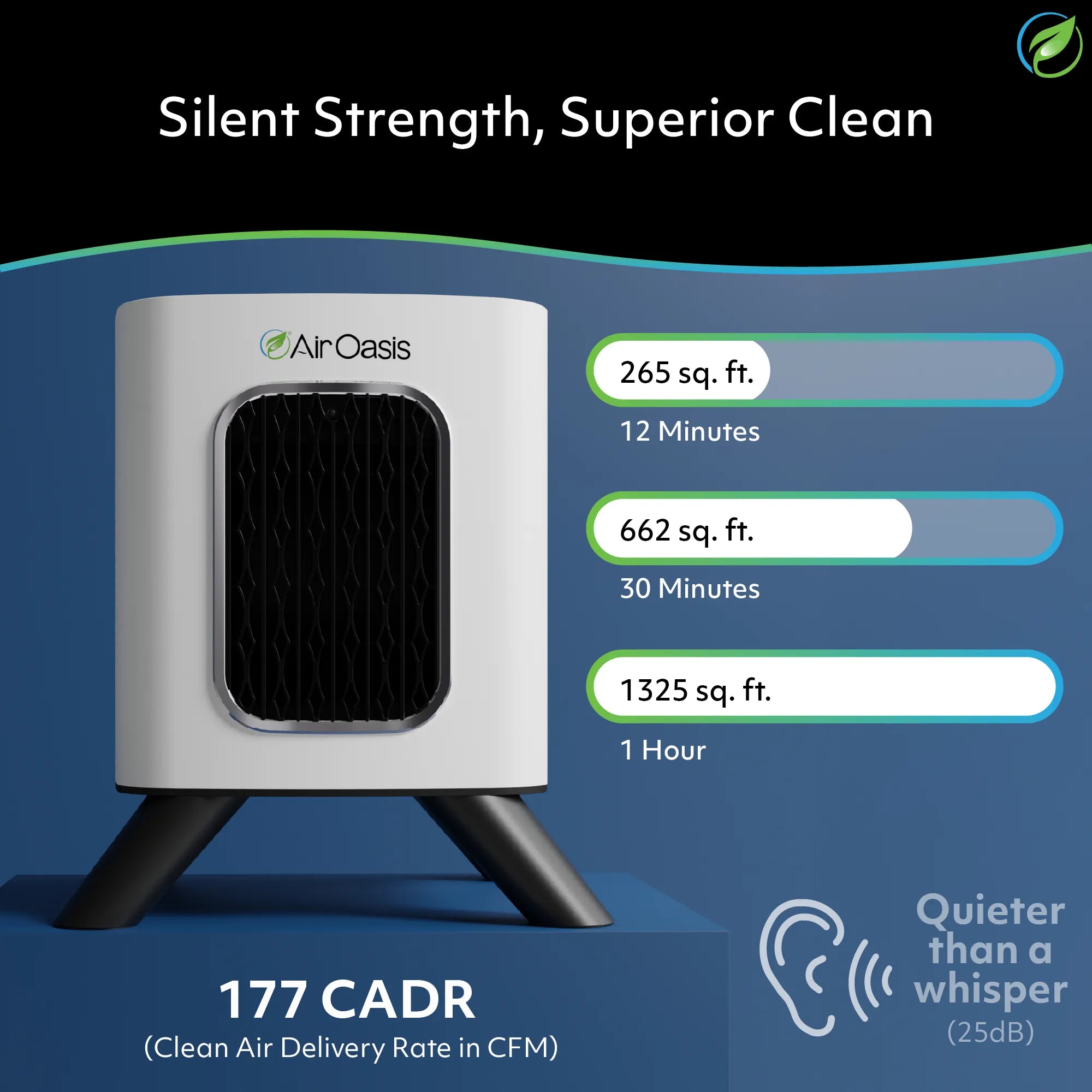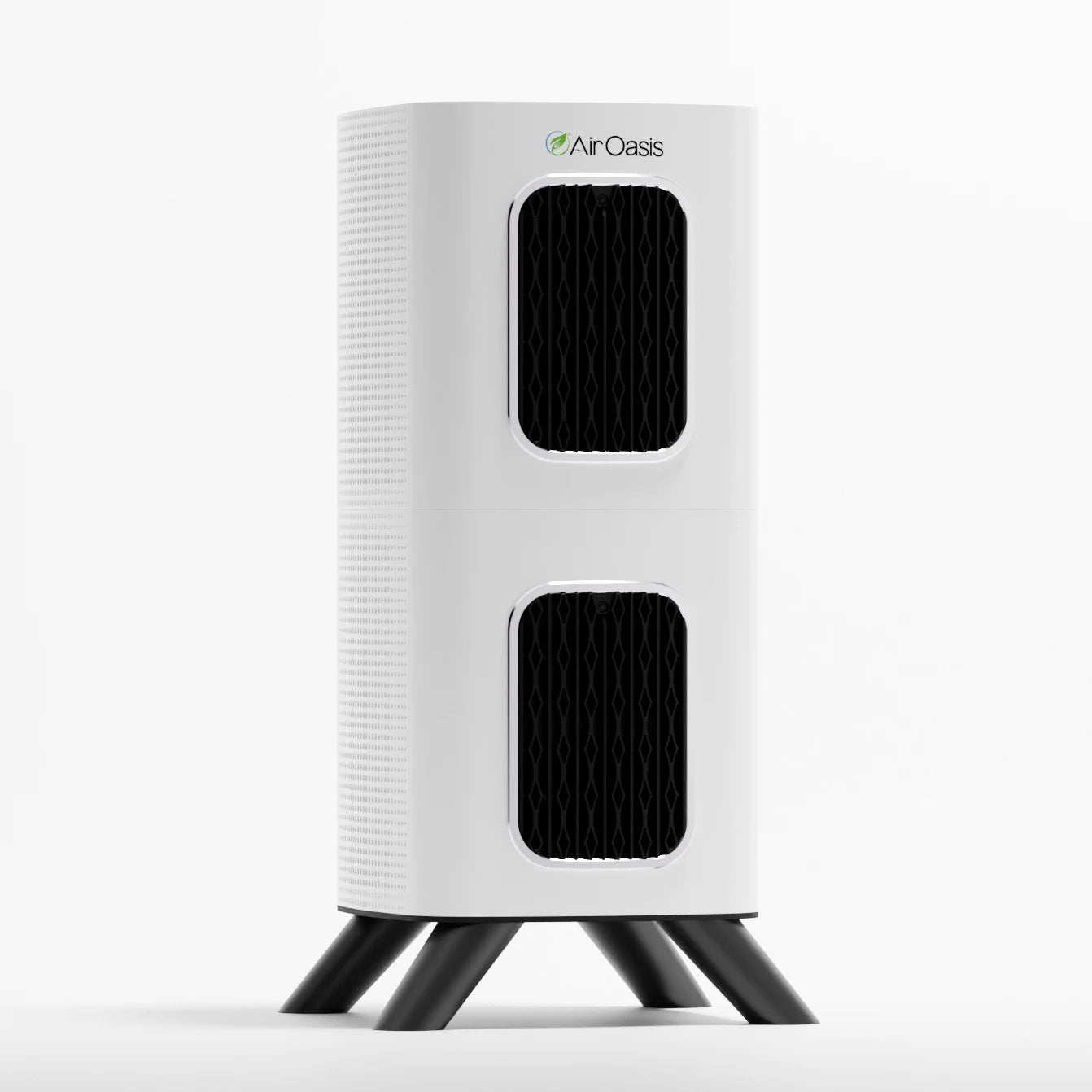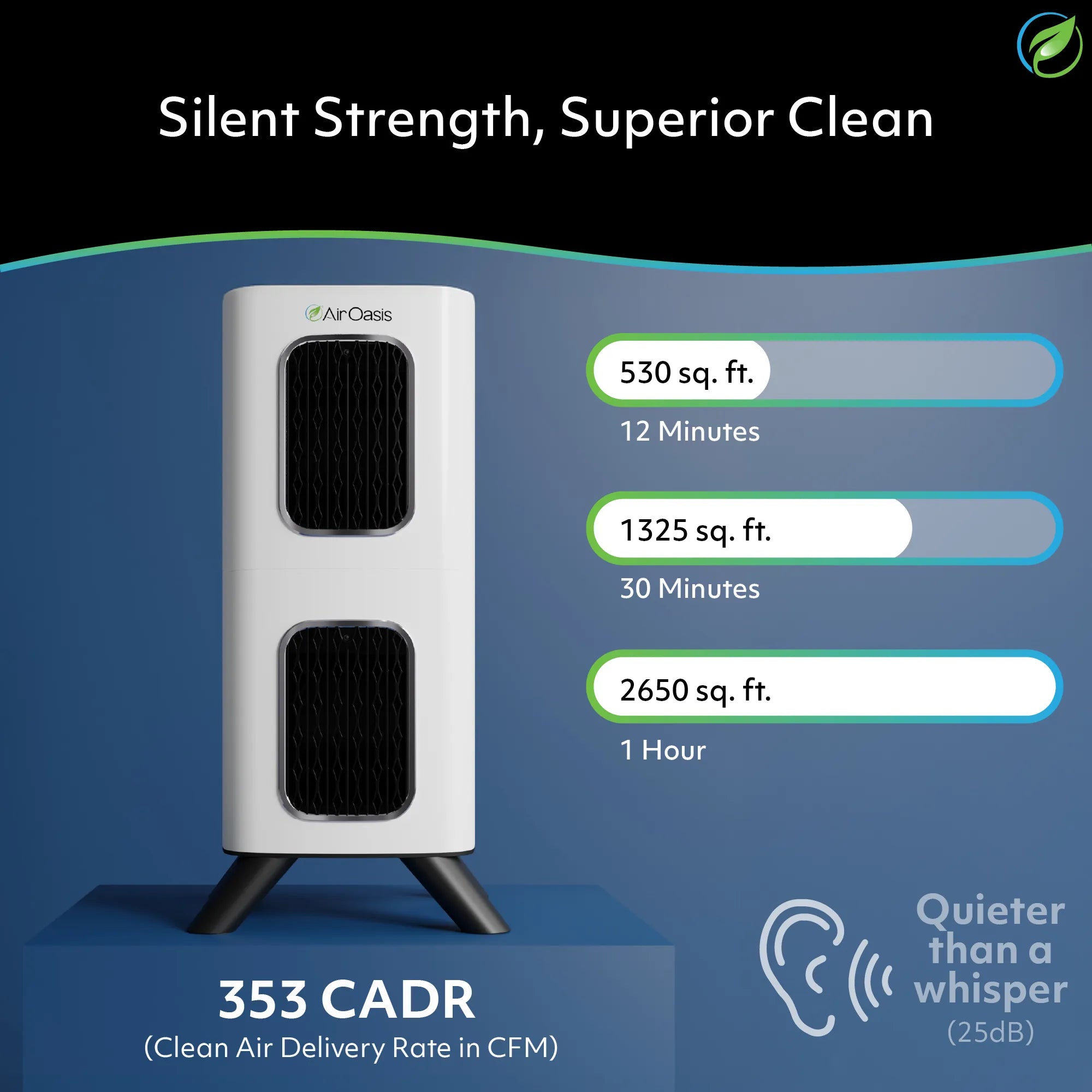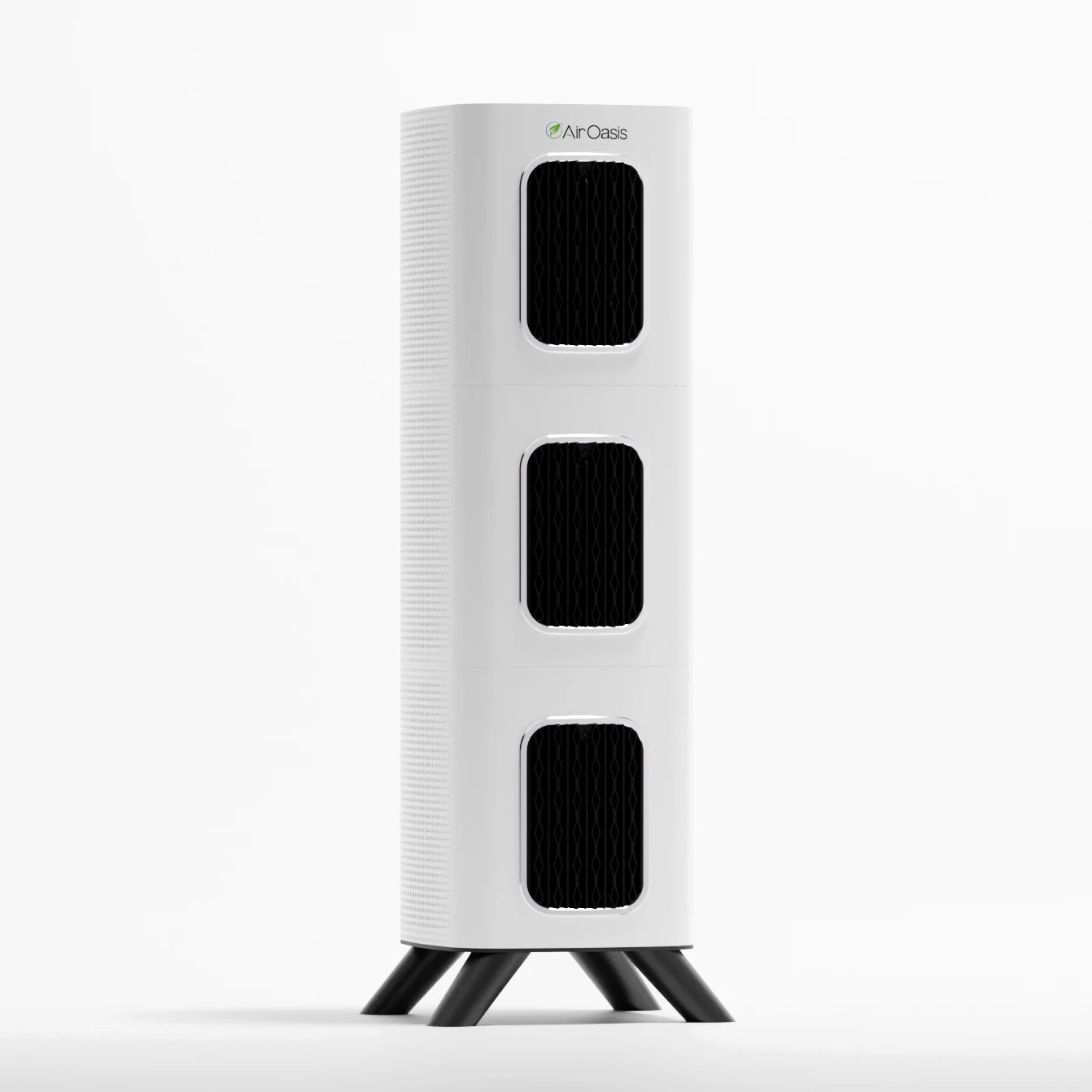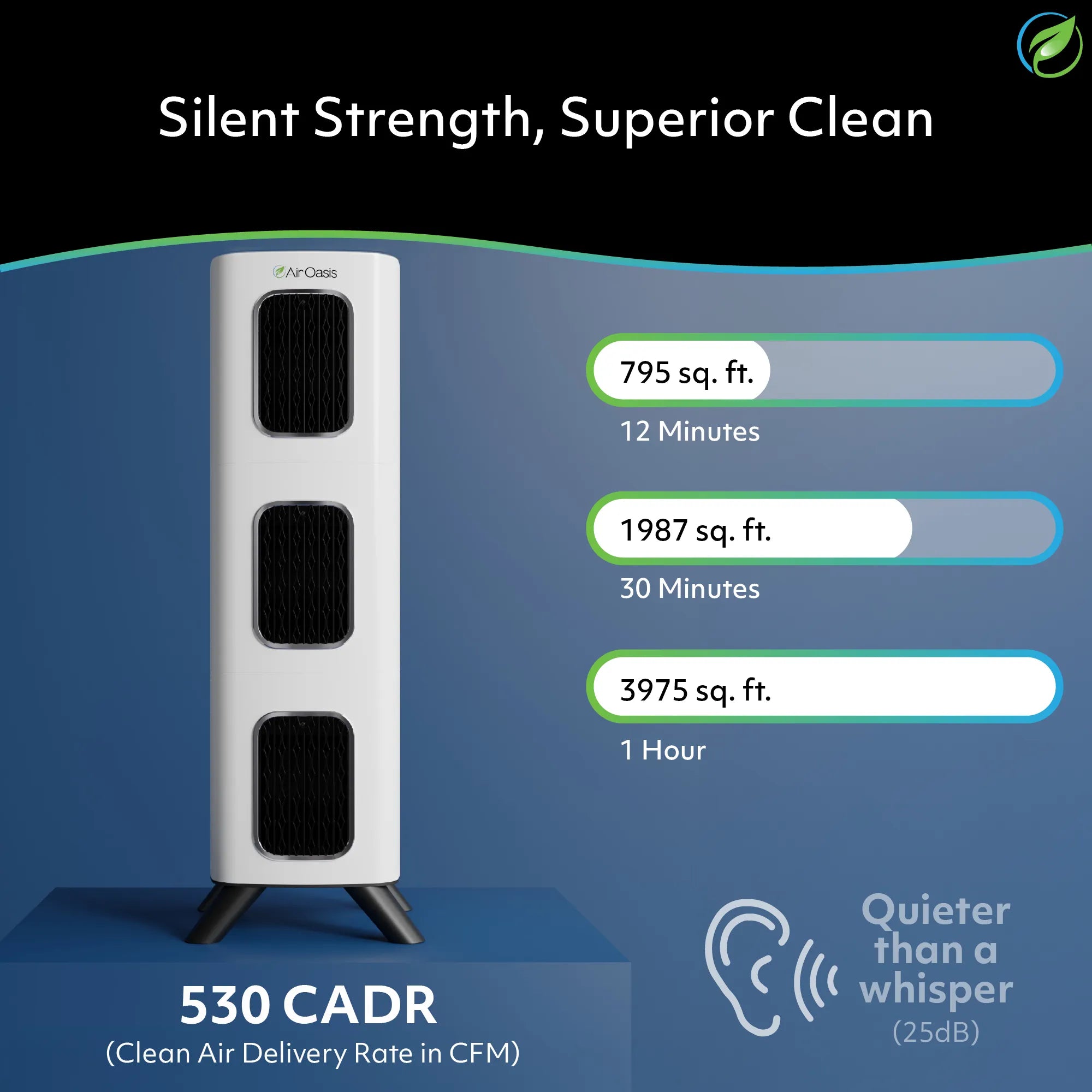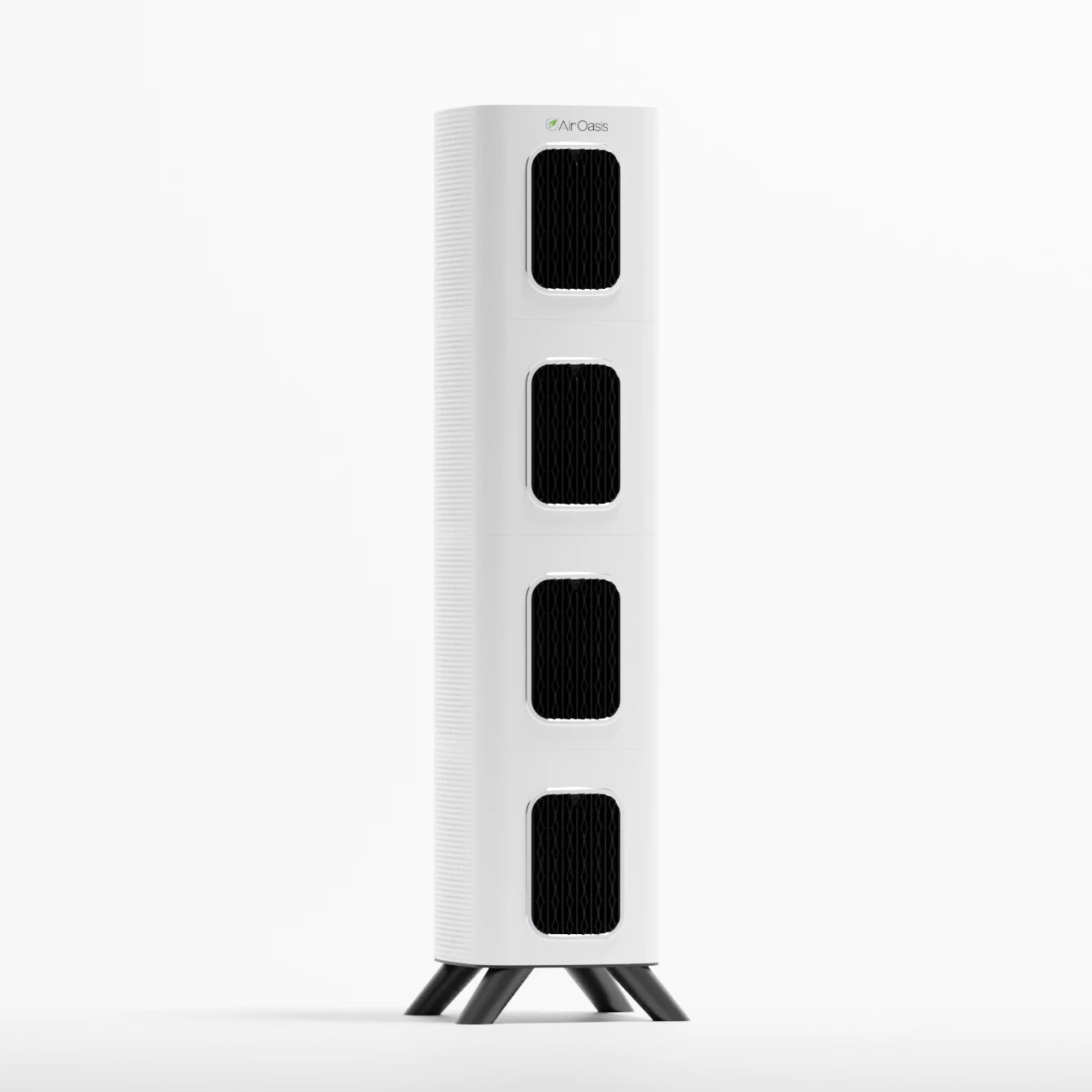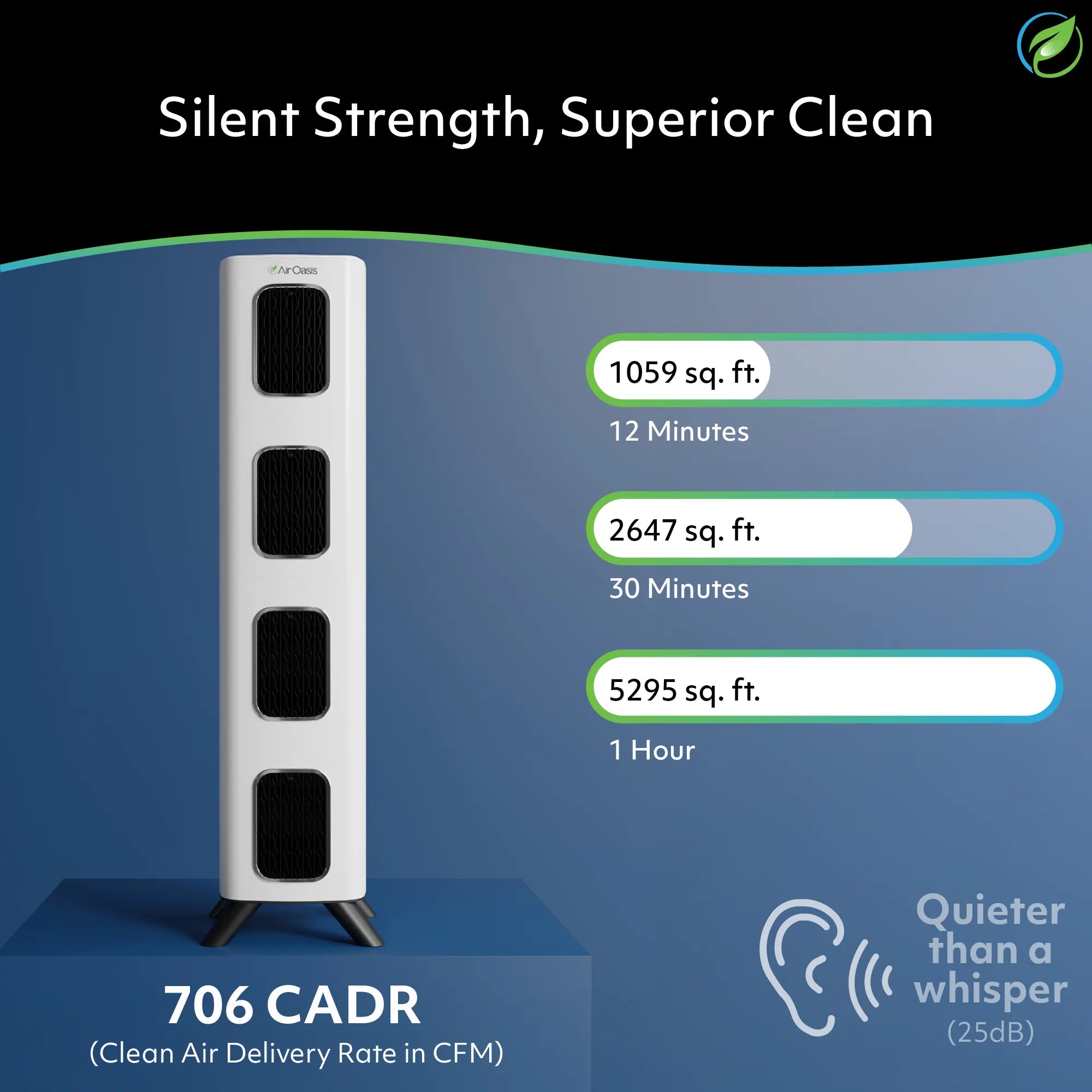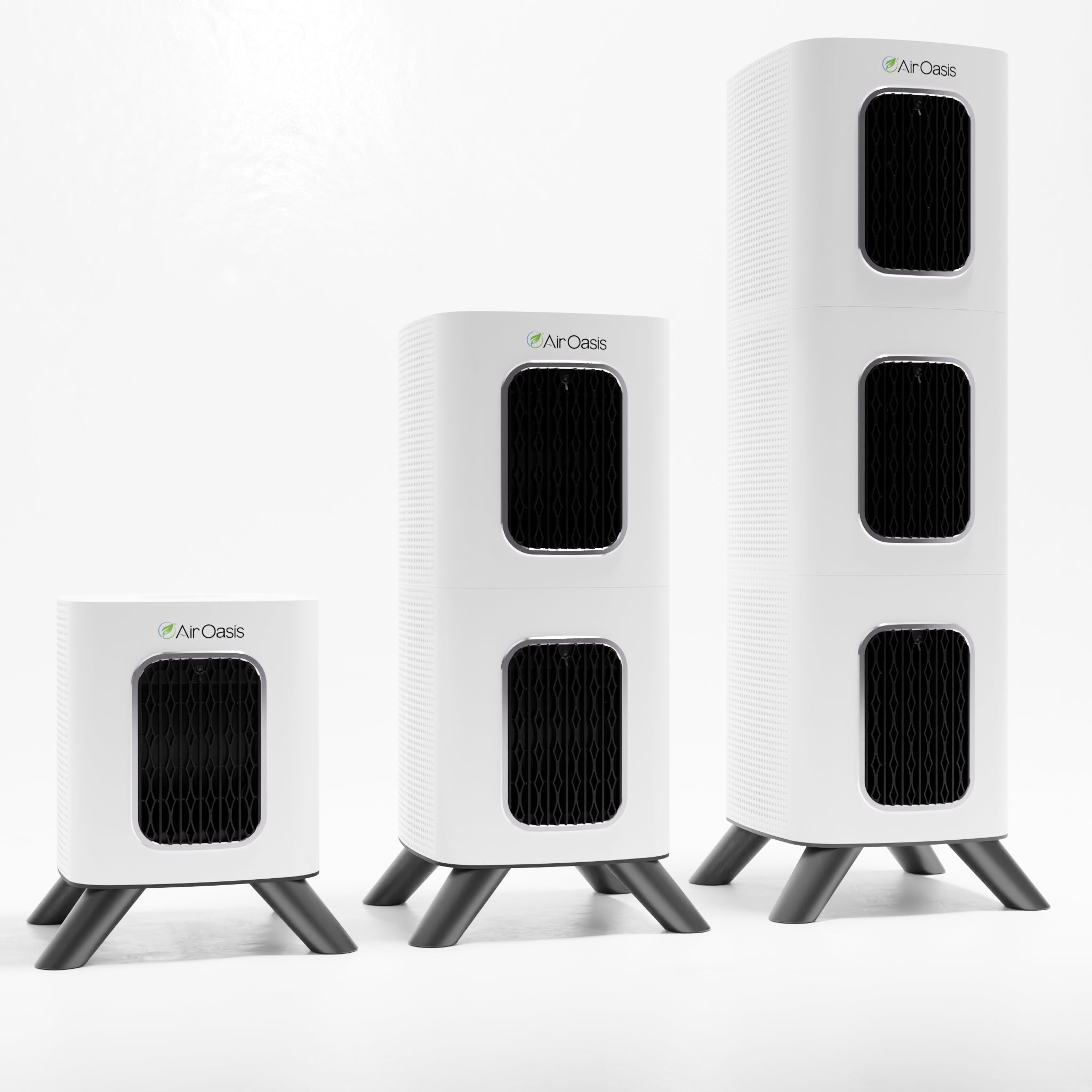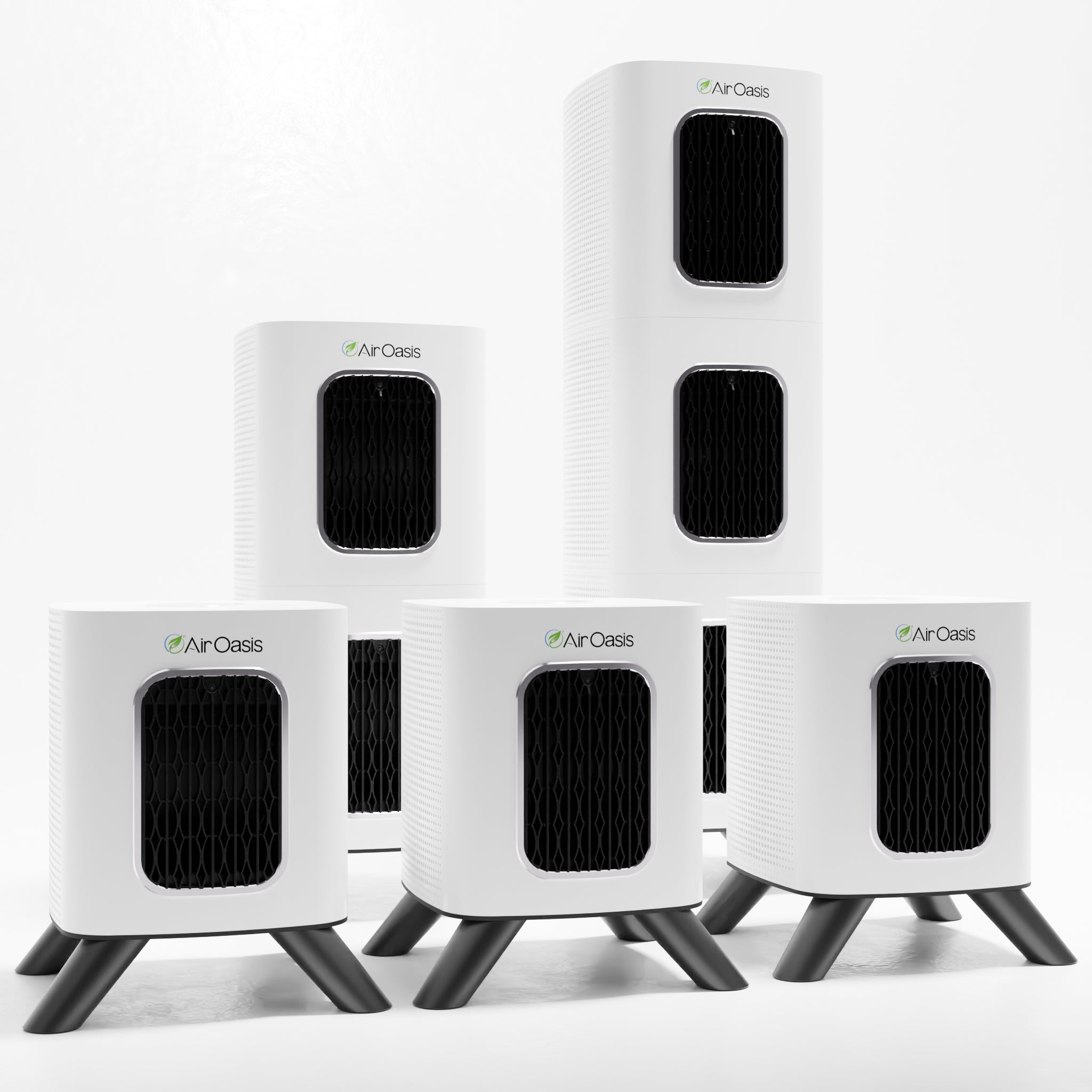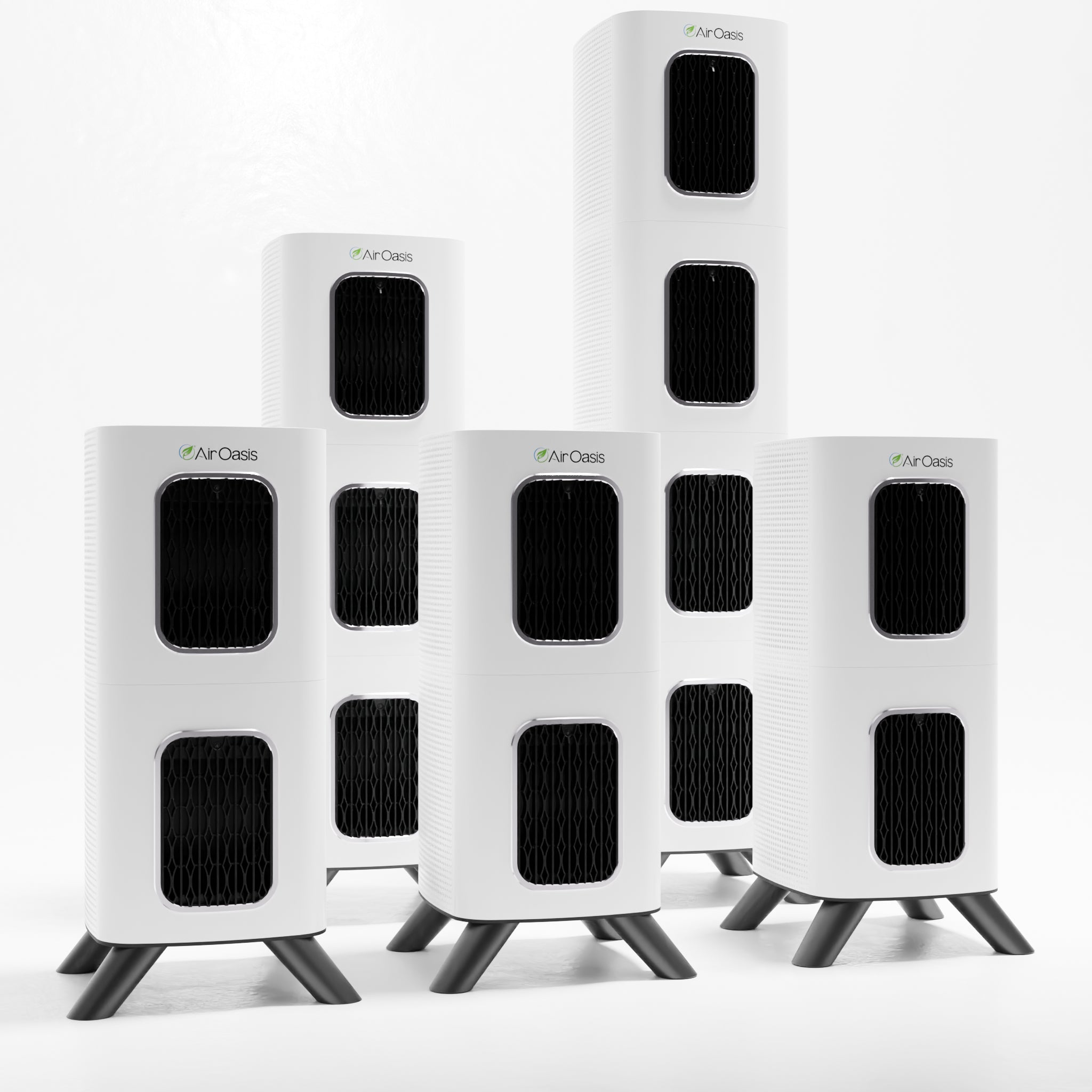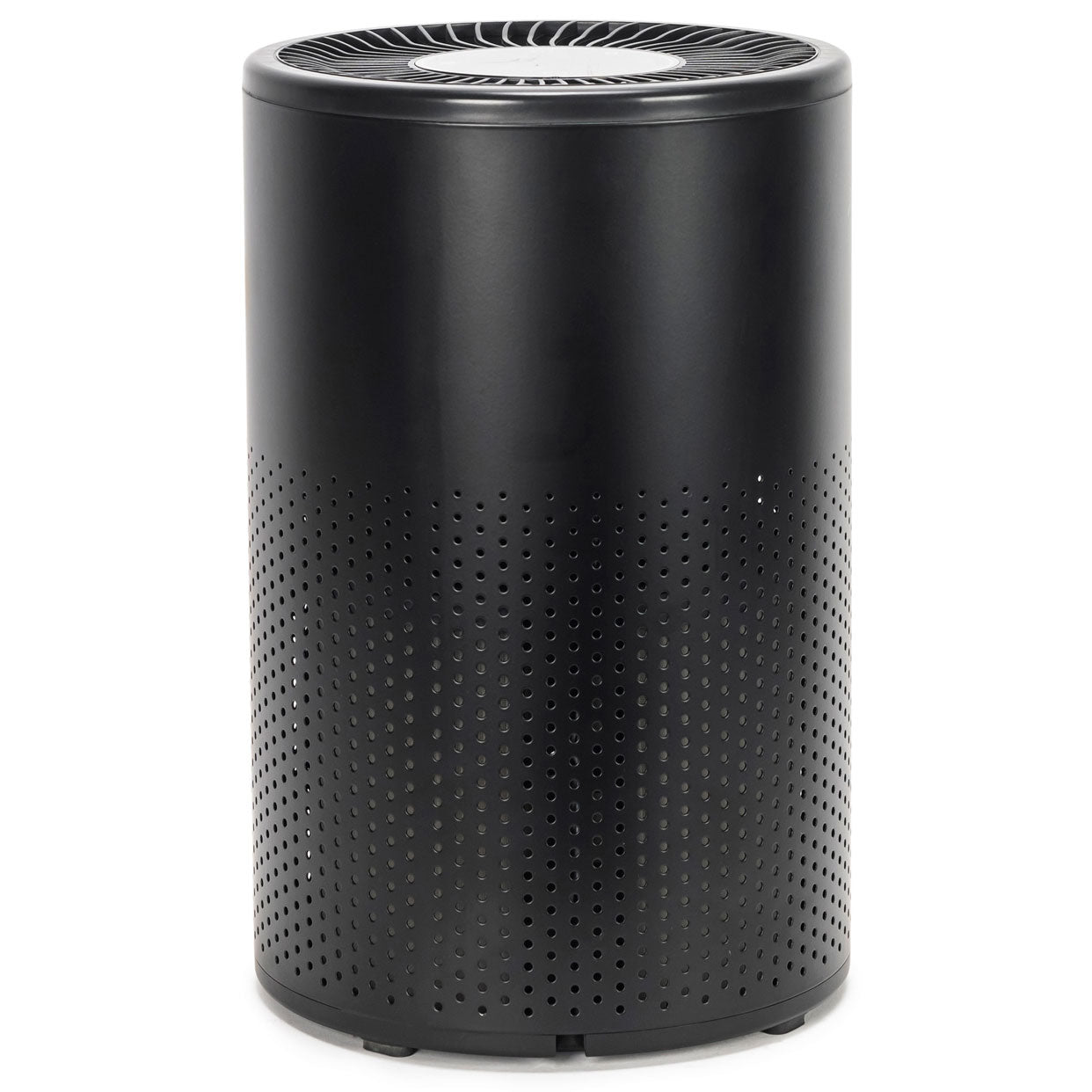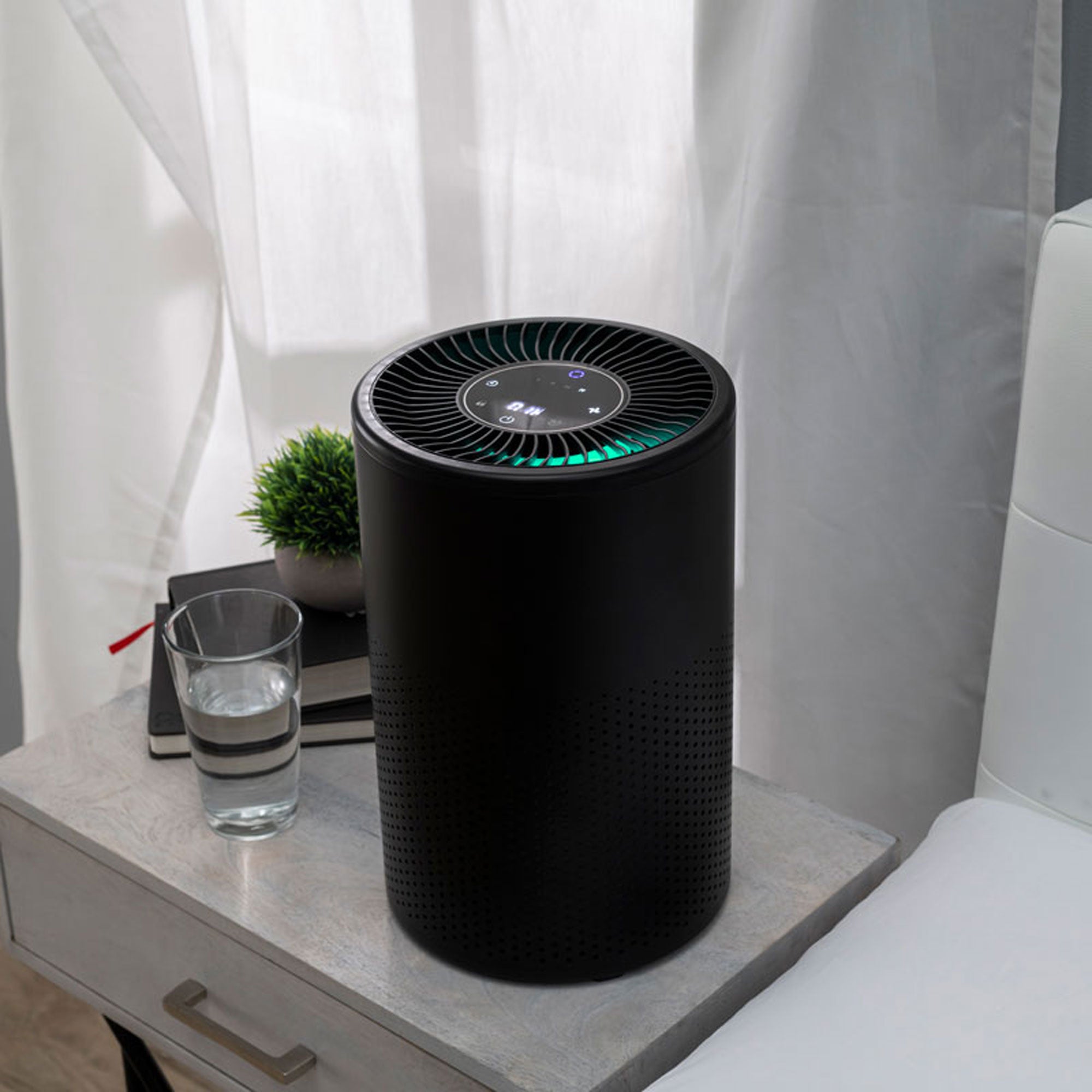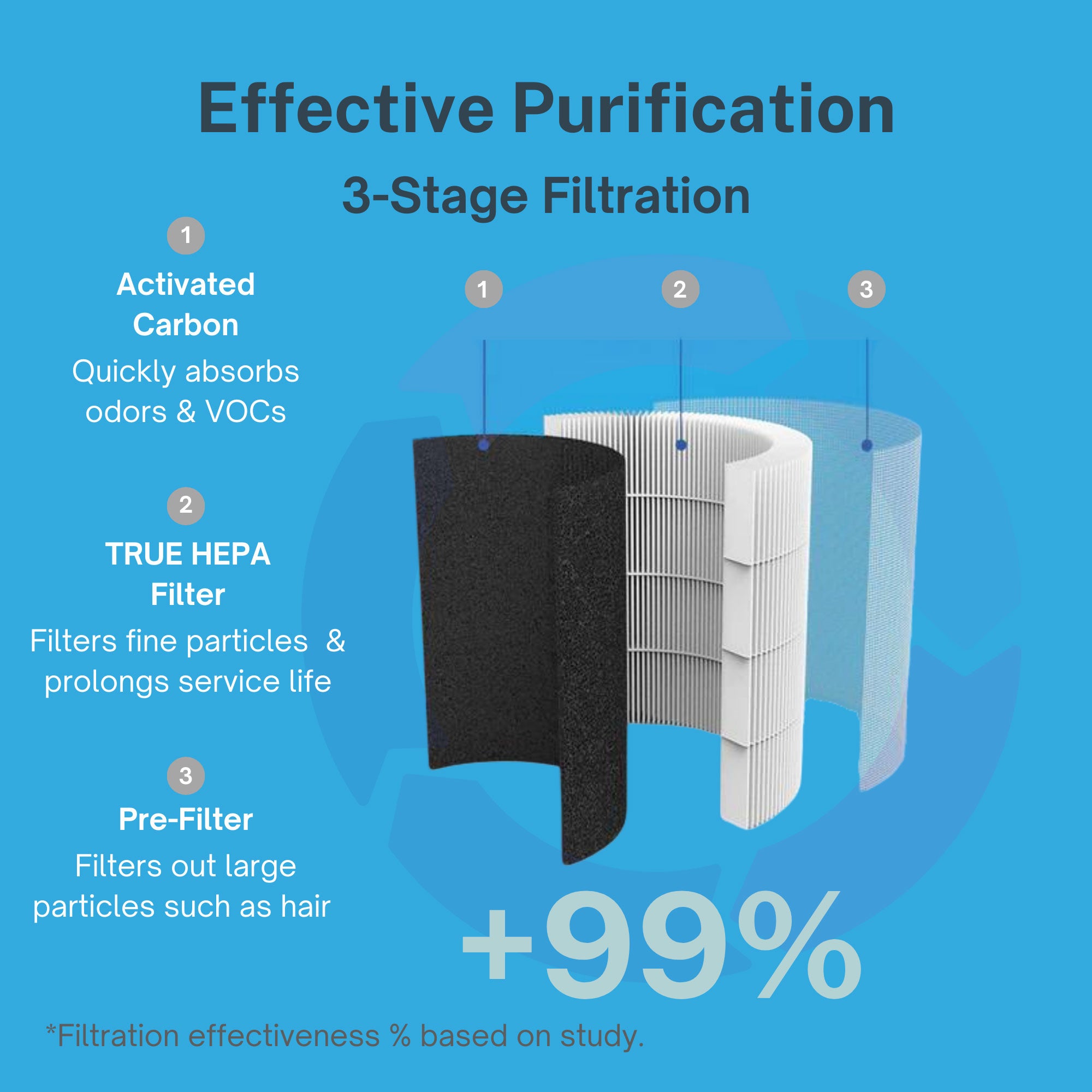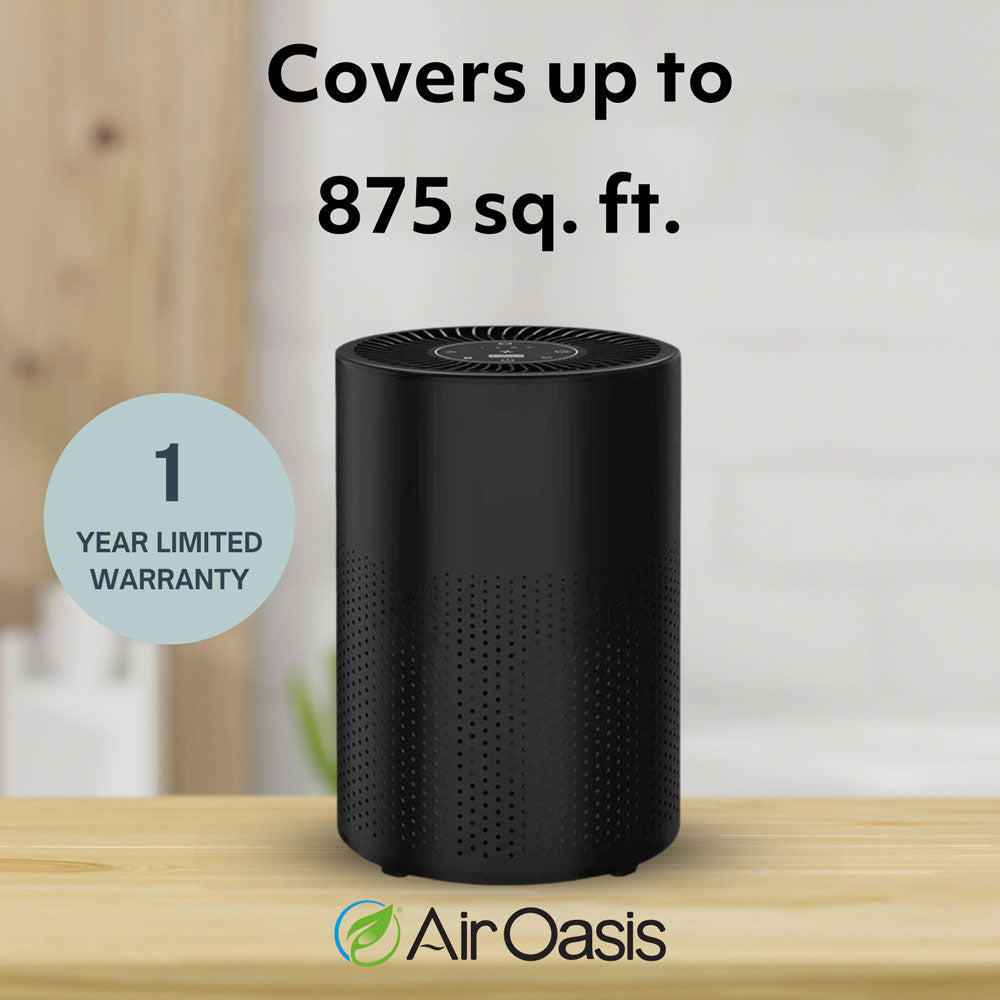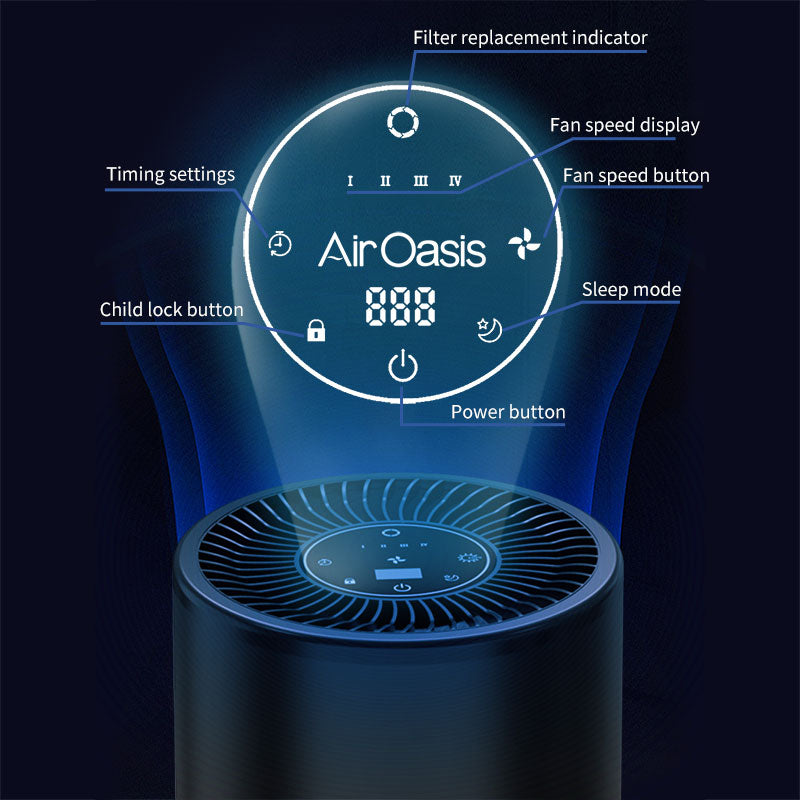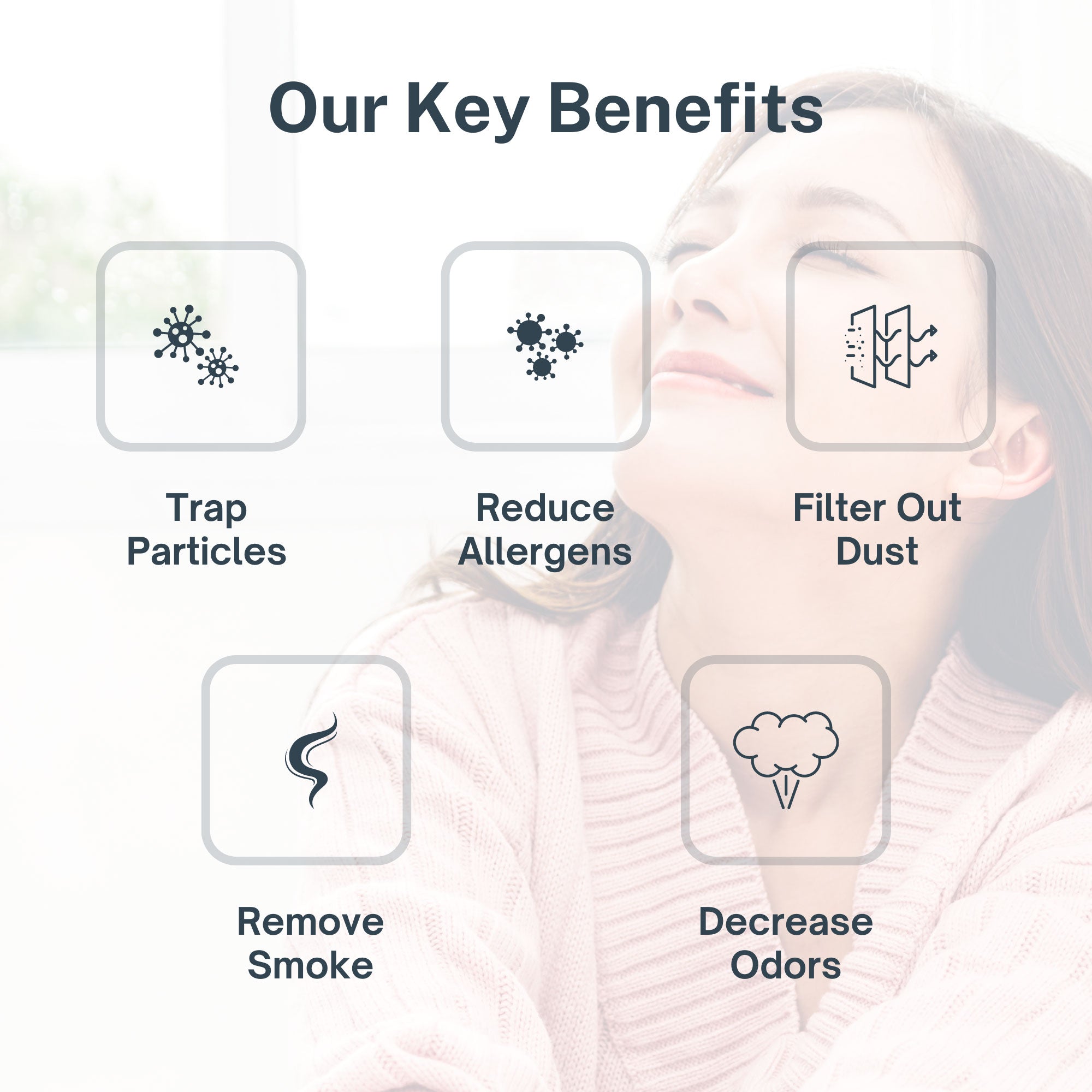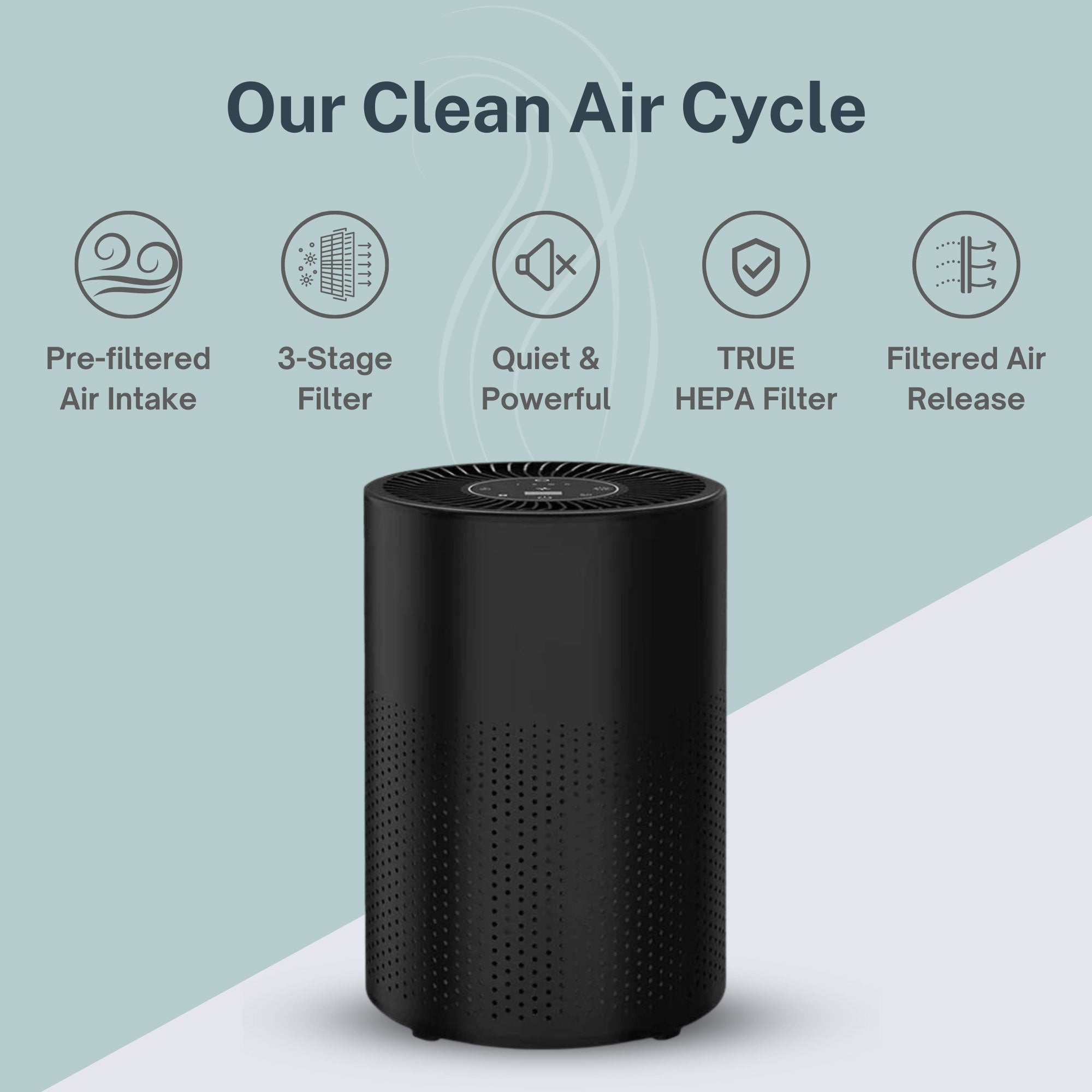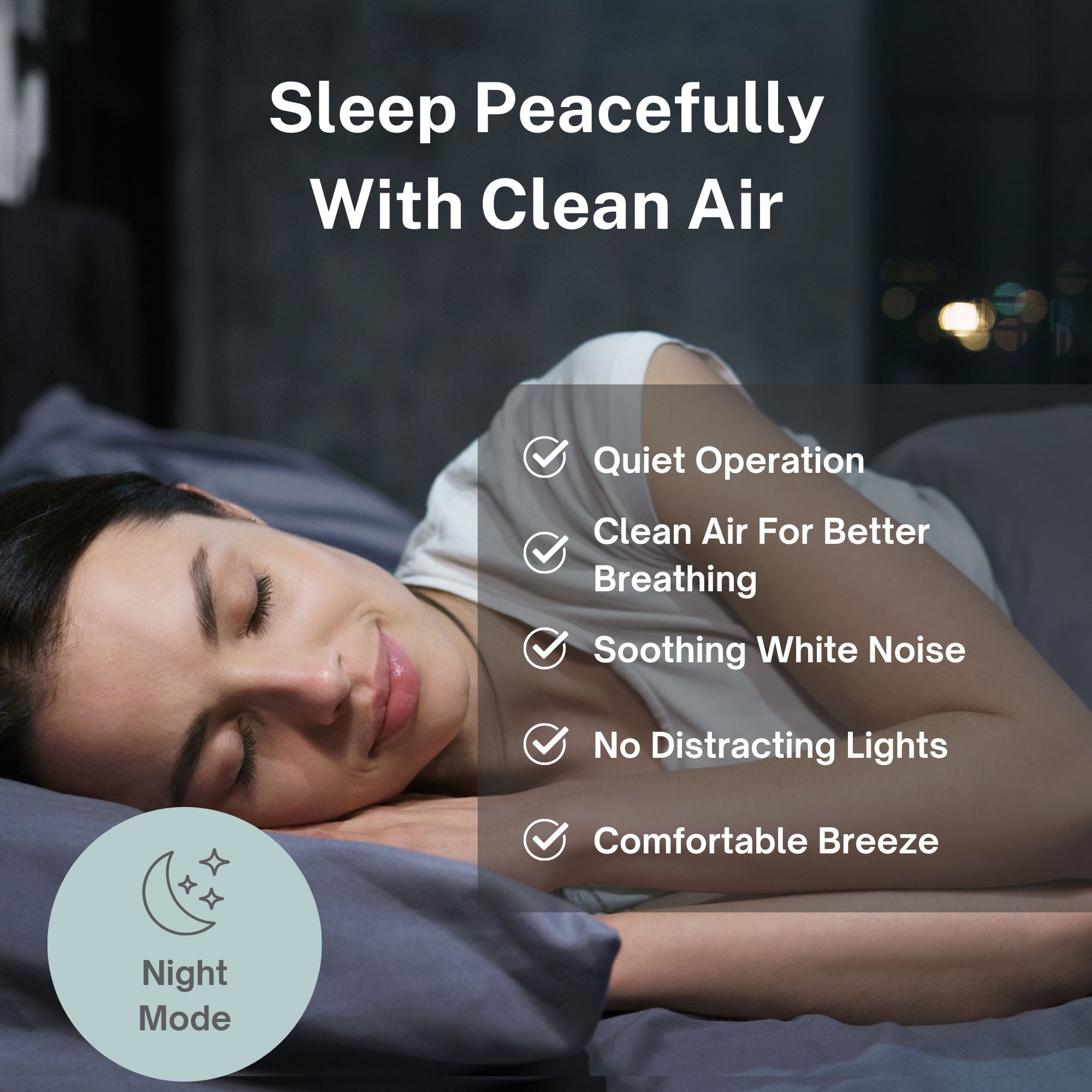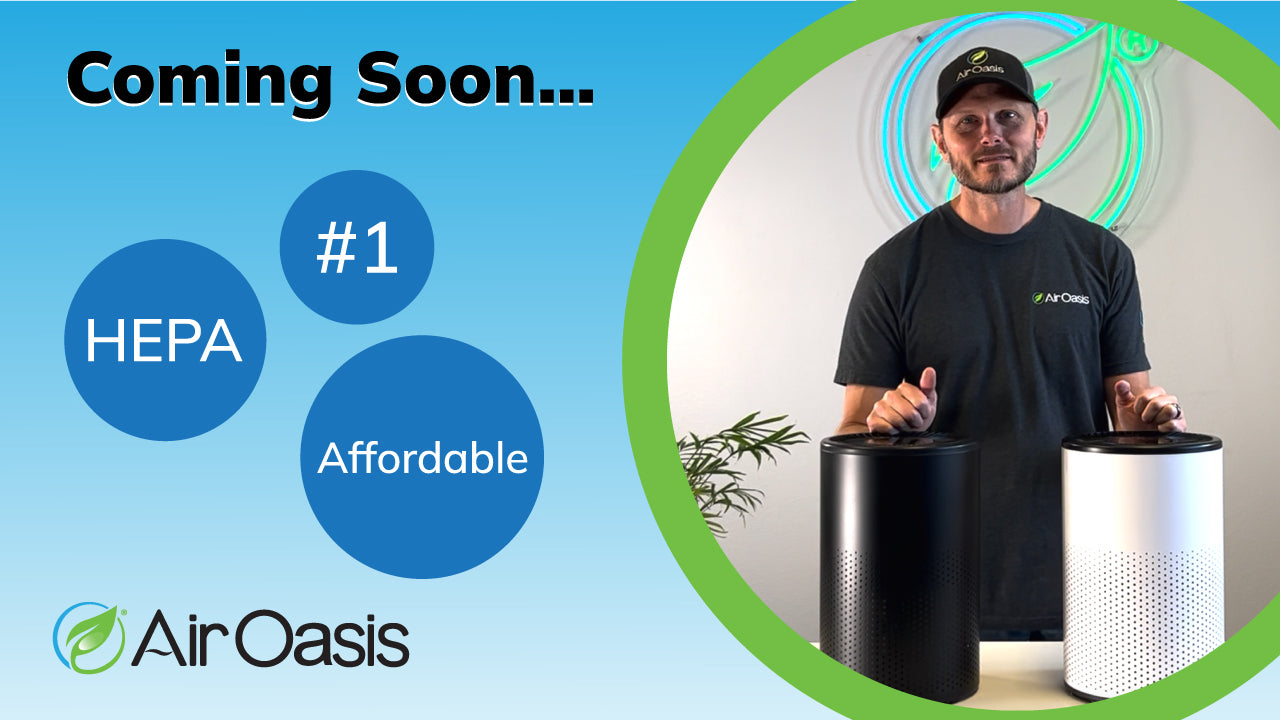September, a month often marked by children returning to school, a chill settling in the air, and the sun sinking below the horizon earlier than in its summer heyday, also brings something else: an uptick in seasonal asthma.
It’s actually known as the peak month for seasonal asthma flare-ups.
Seasonal asthma ebbs and flows throughout the year, with symptoms lying dormant in some months and running rampant in others.
With its unique confluence of environmental, social, and health factors, September is a hub for asthma attacks.
With proper preparation and understanding, you can navigate this tricky time and keep your asthma under control. Today, we'll explore the reasons behind the September asthma surge and provide practical steps to prepare and protect yourself and your loved ones.
What’s Asthma?
Before we dive into the September asthma spike, let's briefly understand what asthma is and how it affects the body.
Asthma is a chronic respiratory condition characterized by inflammation and narrowing of the airways. It affects millions worldwide, causing recurring periods of wheezing, chest tightness, shortness of breath, and coughing.
During an asthma attack, the airway lining becomes swollen and inflamed, excess mucus is often produced, further clogging airways, and the muscles around the airways tighten, narrowing the air passages.
These reactions make it difficult for air to move in and out of the lungs, leading to the characteristic symptoms of asthma.
What Makes Seasonal Asthma Different?
Seasonal asthma works the same way as asthma but worsens during specific seasons, like spring and fall. Typically, people experience periods of minimal or mild symptoms and periods of aggressive symptoms, meaning ongoing management looks different from month to month.
Seasonal allergens like pollen, mold spores, and weather changes often trigger a person with seasonal asthma. Unlike traditional asthma, seasonal asthma tends to follow a predictable pattern of signs, symptoms, and triggers, allowing people to better plan ahead.
Now, why is this condition heightened in September?
Understanding the September Seasonal Asthma Surge
The September seasonal asthma surge isn't just anecdotal; it's a well-documented phenomenon that affects asthma sufferers worldwide.
Studies have shown that week 38 in the calendar year, or the third week of September, marks the true “peak” of the asthma epidemic, leading to an increase in emergency room visits and hospitalizations.
But what makes this month particularly challenging?
Back-To-School
As children return to classrooms, they're exposed to a cocktail of asthma triggers:
- Increased exposure to respiratory viruses, like COVID-19, RSV, the common cold, and the flu virus. Dubbed the “back-to-school plague,” it’s common for students and teachers to get sick when everyone gets back together due to an increase in germs and the potential gap in hand-washing hygiene.
- Poor indoor air quality in school buildings from dust, mold, building materials, pests, and other indoor allergens can worsen asthma symptoms. Children’s bodies have a harder time processing toxins, and they breathe more relative to their size than adults, making them particularly sensitive to poor indoor air pollution.
- Stress from the new academic year. Strong emotions like stress and anxiety are known to trigger asthma attacks, making proper stress management and mental health awareness critical as the new school year begins.
These factors can combine to weaken respiratory defenses and trigger asthma symptoms.
Fall Allergies in Full Swing
September marks the peak of some significant allergens:
- Ragweed pollen reaches its highest levels mid-month.
- Mold spores thrive in fallen leaves and damp environments.
- Dust mites become more active as the seasons change, during humidity spikes, and as we spend more time indoors—all fall classics.
For many asthma sufferers, these allergens can be potent triggers for flare-ups.
Weather and Air Quality Concerns
September's weather can be unpredictable, leading to unpredictable air quality:
- Rapid temperature changes—these intense fluctuations can inflame airways.
- Increased humidity in some regions.
- Windy conditions that stir up pollen and mold spores.
- Increase in wildfires on the West Coast, leading to poor air quality.
- A spike in hurricane activity can trigger asthma attacks due to the mold from water damage, temperature changes, high humidity, and irritants in the debris.
- Lingering summer smog in urban areas.
These weather fluctuations and air quality concerns can irritate airways and exacerbate asthma symptoms.
All of these factors can accumulate, leading to a "perfect storm" of asthma triggers in September. By recognizing these triggers, you can take proactive steps to protect your respiratory health as autumn approaches.
Preparing for the September Asthma Peak
It’s important to head into this higher-risk asthma season with intentional thought, care, and a plan to protect yourself or your loved ones.
Here’s how you can prepare.
Create (or Update) Your Asthma Action Plan
An asthma action plan is a set of guidelines to prepare for your health during peak asthma season.
- Schedule an appointment with your healthcare provider to review your current plan and determine if you need to make any changes or have specific tests like an allergy test or spirometry test to establish your baseline lung function.
- Adjust medications if needed based on past experiences with fall asthma symptoms.
- Ensure your plan includes clear steps for managing worsening or life-threatening symptoms.
- Prepare a kit with rescue medications, your action plan, and emergency contact information.
Secure Your Medications
Now is a great time to review your medications. If you’re out, refill your asthma prescriptions, both for ongoing control/maintenance and rescue situations. Check expiration dates and discard or replace any outdated medications. If needed, consider requesting an extra rescue inhaler to keep at work or school.
Optimize Your Home Environment
Common household allergens can make a September asthma attack worse. To protect your space, give it a good deep clean, focusing on areas that collect dust, mold, pests, and other allergens.
You’ll also want to look at replacing the air filters in your HVAC system to ensure your system is running as efficiently and effectively as possible.
Air purifiers can drastically improve your home’s indoor air quality. By actively removing and cleaning harmful pollutants like mold, allergens, viruses, and bacteria from the air, you ensure that the air you and your family breathe is safe. Consider investing in an air purifier for high-traffic areas like your living room and bedrooms.
Strengthen Your Immune System
One of the best ways to ward against an asthma flare-up is to take care of your health and well-being.
- Focus on a balanced diet rich in fruits, vegetables, and omega-3 fatty acids.
- Ensure you're getting enough sleep and managing stress effectively.
- Consider vitamin D supplementation, as levels often drop in the fall.
Practice Trigger Avoidance
You know your body best—be mindful of the many things that could trigger a fall asthma outburst and protect yourself against it.
Start by monitoring the local pollen and air quality reports. Check in on these numbers daily so you can strategically plan outdoor chores and activities when the air quality is better, and pollen counts are lower.
If you need to spend extended periods outside (doing yard work, for example) during high-pollen days, consider wearing a mask. And be sure to shower and change your clothes after spending time outdoors to remove those allergens.
You’ll also want to keep windows closed during high pollen times, typically early morning and late afternoon.
By taking these preparatory steps, you can significantly reduce the impact of the September asthma peak. With the right plan in place, you can breathe easier and enjoy the beauty of the fall season.
How Air Purifiers Help In Year-Round Asthma Management
Air quality is crucial in managing asthma symptoms, especially during peak seasons like September.
Air purifiers remove common asthma triggers like pollen, pet dander, and dust mites from the air, significantly decreasing the likelihood of asthma flare-ups. Additionally, these devices remove irritants like smoke, volatile organic compounds (VOCs), and strong odors, all of which can trigger asthma symptoms.
By continuously filtering the air, purifiers help maintain better air quality throughout your home. This can lead to easier breathing overall.
The iAdaptAir2.0 from Air Oasis offers several features that are particularly effective for asthma management:
- Medical-Grade H13 HEPA Filtration: Our true HEPA filters capture 99.97% of particles as small as 0.05 microns, including many asthma triggers.
- Carbon Filtration: These filters are excellent at removing odors and gaseous pollutants that can irritate airways.Silver Antimicrobial Filter: This system kills or inhibits the growth of harmful microorganisms, including bacteria and viruses.
-
Ozone-Free Bi-Polar Ionization: This generates positive and negative ions to neutralize airborne contaminants like viruses, bacteria, and particulate matter without producing harmful ozone
Remember, while air purifiers are a valuable tool, they should be part of a comprehensive asthma management strategy developed in consultation with your healthcare provider.
By incorporating an Air Oasis air purifier into your asthma management plan, you're proactively creating a healthier breathing environment. This can be particularly beneficial during the September asthma peak, helping you to breathe easier and reduce the frequency and severity of asthma symptoms.
Shop our air filters to protect your home during the September seasonal allergy spike.




